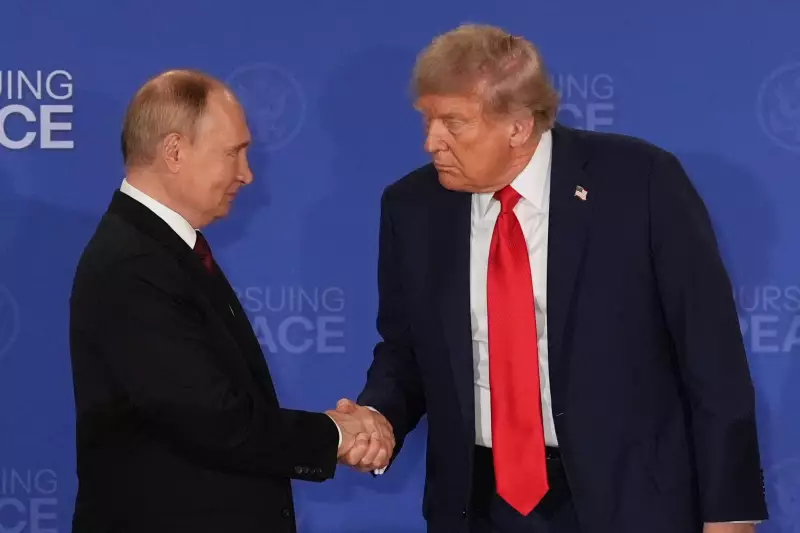
The geopolitical chessboard is set for a dramatic shift as whispers of a potential Donald Trump-Vladimir Putin summit in Budapest gain momentum. This meeting, if it materializes, could fundamentally alter the trajectory of the Ukraine conflict and test the very foundations of European solidarity.
Why Budapest Signals a Strategic Pivot
Budapest isn't just any European capital. Under Prime Minister Viktor Orbán, Hungary has positioned itself as Moscow's most sympathetic voice within NATO and the European Union. Choosing this location sends a powerful message: traditional Western alliances are being challenged, and new diplomatic channels are being forged.
This potential summit represents Trump's distinctive approach to international diplomacy—one that often prioritizes direct engagement with adversaries over consensus-building with traditional allies. European capitals from Berlin to Paris are watching with apprehension, concerned that such talks could undermine their collective stance on Ukraine.
The Ukraine Equation: Peace Talks or Partition?
At the heart of any Trump-Putin discussion would be the future of Ukraine. Trump has repeatedly claimed he could resolve the conflict "in 24 hours," though he's been notably vague about the specifics. The key questions hanging over potential negotiations include:
- Would Ukraine be pressured to accept territorial concessions?
- What security guarantees would be offered to Kyiv?
- How would European security architecture be reshaped?
European leaders fear that any deal struck without their involvement could come at the expense of Ukrainian sovereignty and European security interests.
India's Strategic Calculus in a Shifting World Order
For India, these developments carry significant implications. New Delhi has carefully balanced its relationships with both Moscow and Washington throughout the Ukraine conflict. A direct US-Russia dialogue that potentially de-escalates the situation could ease some of the diplomatic tightrope-walking India has had to perform.
However, any agreement that strengthens Russia's international position or creates new geopolitical alignments would require careful navigation from Indian policymakers. India's substantial defense ties with Russia and growing strategic partnership with the US mean that shifts in this crucial relationship directly impact Indian interests.
The European Dilemma: Unity Under Stress
The mere possibility of this summit has exposed deepening fractures within Europe. While Western European powers like Germany and France advocate for maintaining pressure on Moscow, Hungary's Orbán represents a growing faction of Moscow-sympathetic voices in Central Europe.
This divide threatens to unravel the remarkably unified front Europe has maintained against Russian aggression. The outcome of any Trump-Putin meeting could determine whether European solidarity holds or fractures under the weight of competing national interests.
What Comes Next: Scenarios for South Asia and Beyond
A significant reduction in Western support for Ukraine would free up Russian resources and attention, potentially allowing Moscow to deepen engagement with traditional partners like India while possibly increasing outreach to Pakistan. This rebalancing could create both opportunities and challenges for South Asian stability.
Furthermore, successful US-Russia diplomacy in Europe might encourage similar great power mediation in other conflict zones, potentially including India's neighborhood. The precedent set in Budapest could reverberate from the Taiwan Strait to the Himalayas.
As the world watches for official confirmation of the Budapest summit, one thing is clear: the post-Cold War order is being rewritten before our eyes, and the consequences will be felt from Washington to Moscow, from Brussels to New Delhi.





